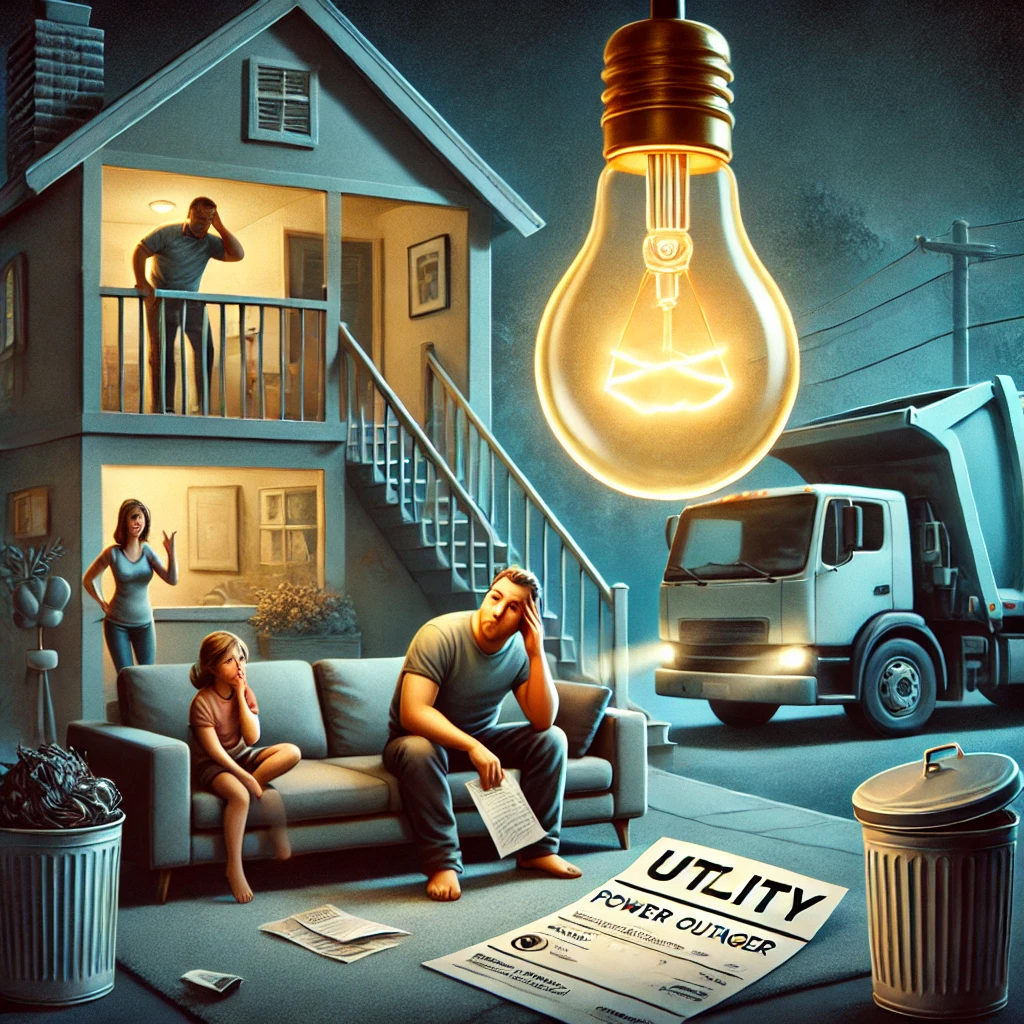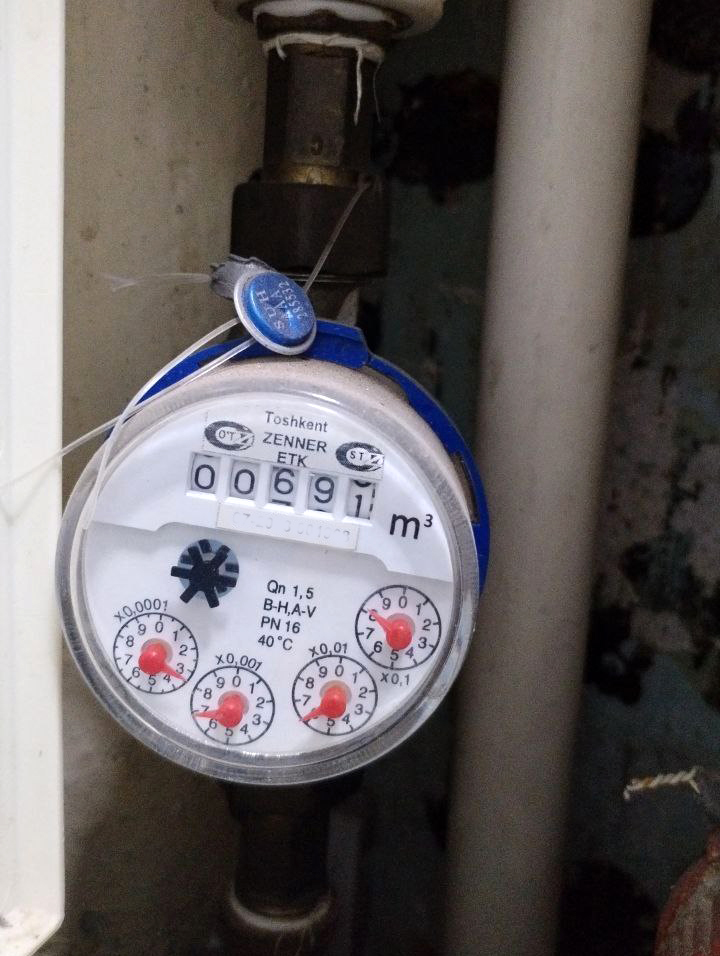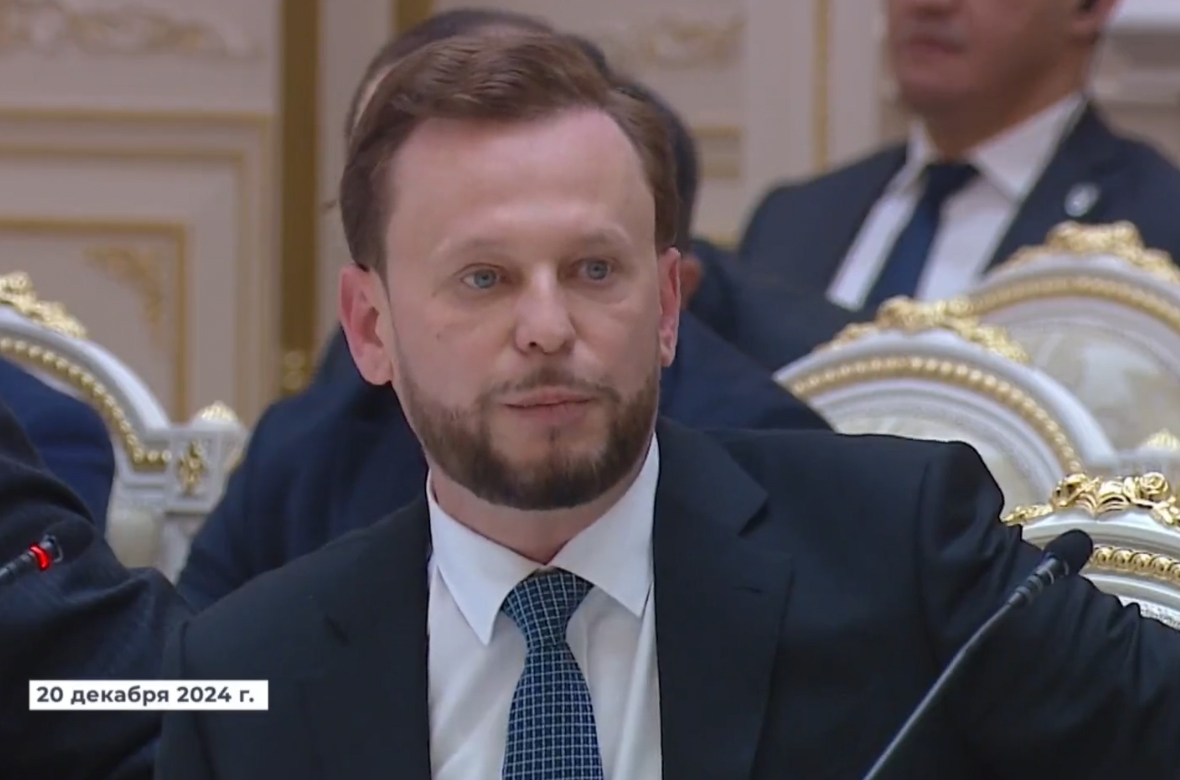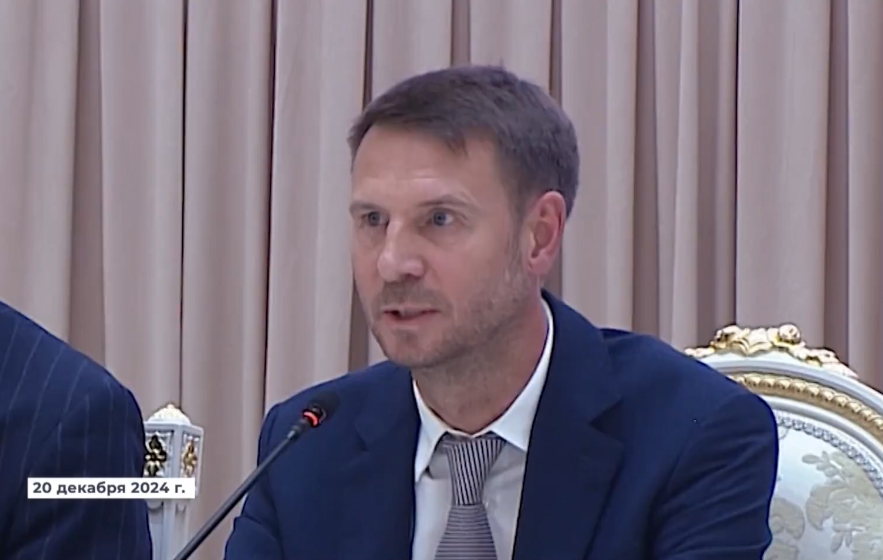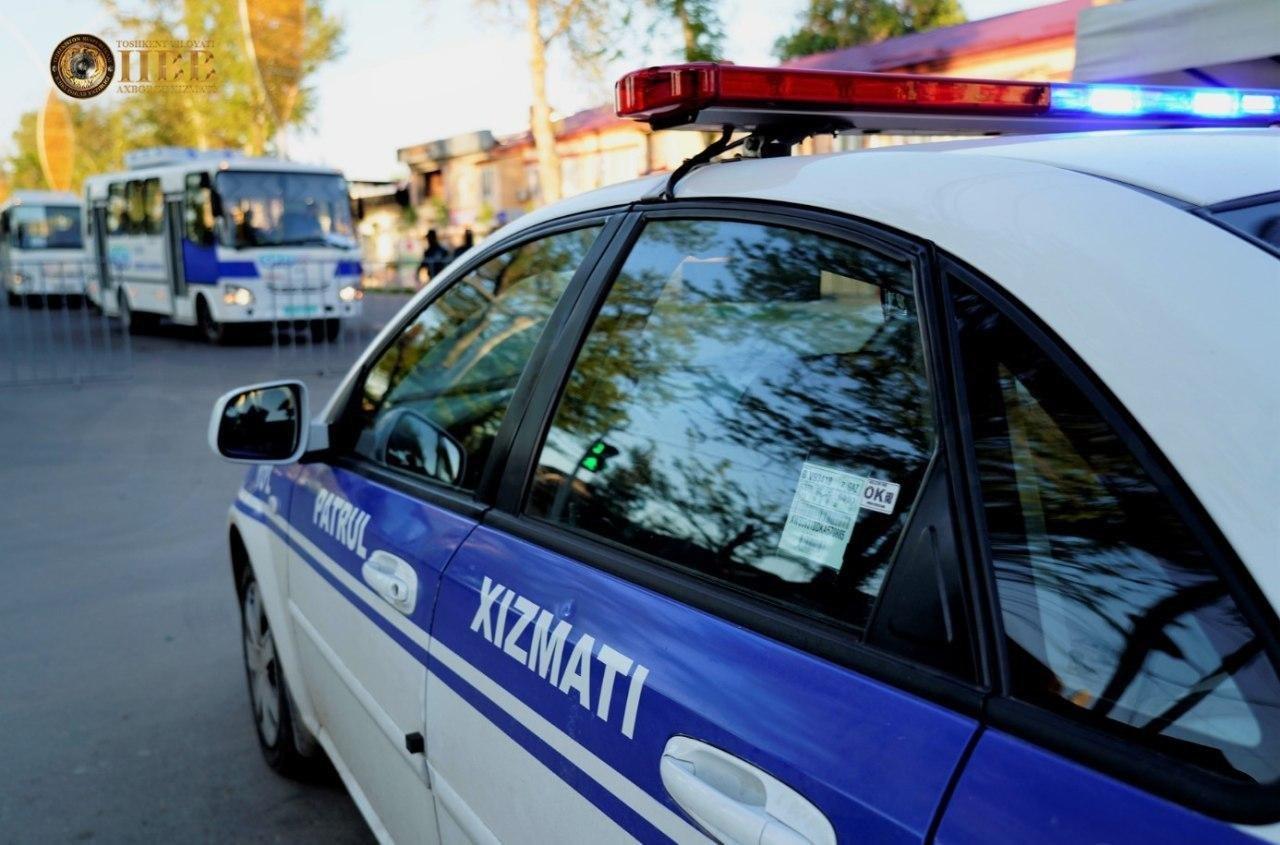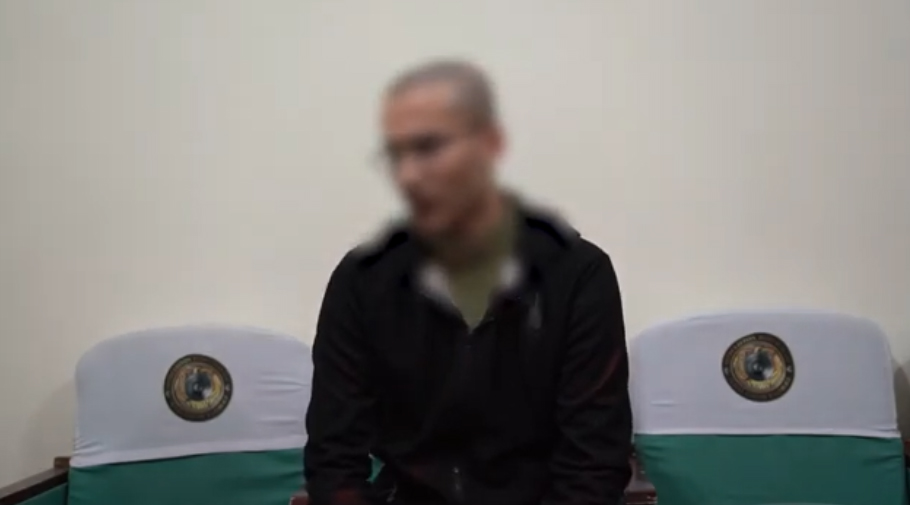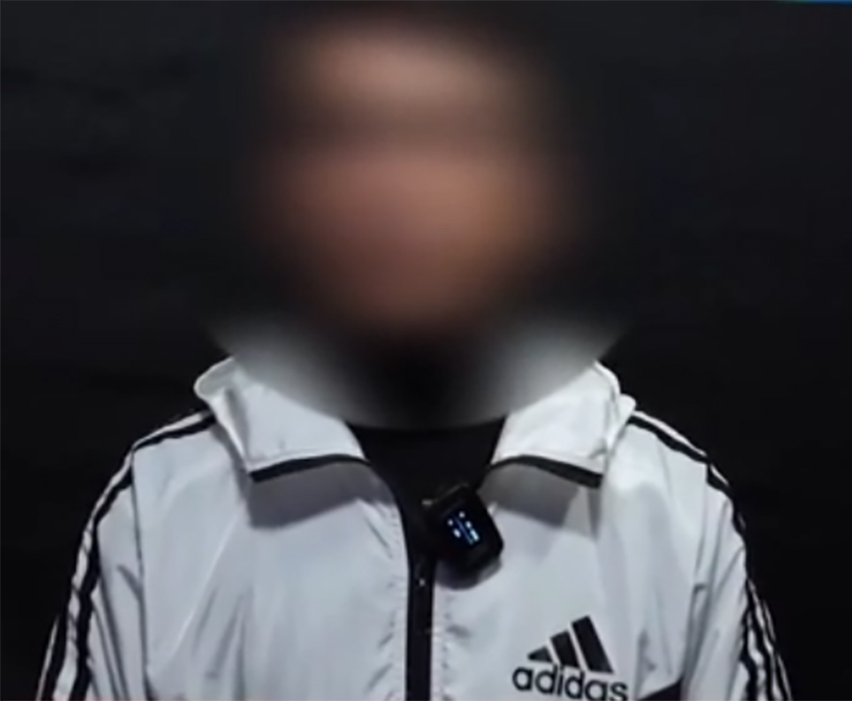This article is also available in:
Русский (Russian)
Uzbek
The Ministry of Preschool and School Education of Uzbekistan has stated that the reports of parents and teachers being forced to pay for paper used in conducting SOR (Summative Assessment of Sections) and SOCH (Summative Assessment of Quarters) are false. On the surface, this sounds reassuring, but reality, as reflected in social media posts, tells a different story.
What Does the Ministry Say?
The ministry’s official position is straightforward: funds for paper are allocated from the budget, and in some schools, SOCH assessments have even moved online. Specifically, a new assessment system has been introduced in 168 schools across Tashkent, Tashkent Region, and Khorezm Region. Here, assessments are conducted on the E-maktab.uz platform, meaning paper is genuinely unnecessary.
For the other schools, the ministry assures that paper is available. For instance:
- 6,400 rolls of paper were purchased for 582 schools through the Education Reform Support Fund.
- Assessment materials are printed using specially allocated printers.
- For the remaining 750 schools, assessment materials are printed at the Gafur Gulyam Publishing House.
By this logic, there should be no issues with the availability of paper.
What Do Parents and Teachers Say?
Social media paints a starkly different picture. Parents and teachers frequently complain that they are forced to buy paper and print materials at their own expense. In some schools, money is reportedly collected directly from classrooms; in others, teachers use their personal printers to prepare assessment materials. This raises a critical question: if the ministry claims everything is funded, why do teachers and parents continue to report forced contributions?
Local Self-Governance or Systemic Failures?
If the ministry’s claims are accurate, the problem likely lies at the local level. Funds earmarked for paper procurement may be “lost” somewhere along the way, or paper deliveries may be delayed. Alternatively, some school principals might be demanding extra money under the guise of insufficient budget allocations. Regardless of the cause, if the problem is systemic, it warrants a deeper investigation.
What Can Be Done?
Two obvious solutions emerge:
- Transparency in Supply Distribution:
The ministry must not only claim that paper has been purchased but also clearly demonstrate where it has been sent. The public should have access to this information to ensure accountability. - Audits by the Accounts Chamber and Anti-Corruption Agency:
If the issue lies with intermediaries handling paper distribution, these agencies must identify the problem. A thorough audit and oversight are essential.
Why It Matters
Incidents like this erode trust in the education system. Parents, who already bear significant expenses, are reluctant to pay additional costs for paper for SOR and SOCH. Teachers, meanwhile, feel like hostages to a system that forces them to either manage the issue on their own or collect funds from parents.
For now, the situation remains ambiguous. If funds are indeed allocated, but paper fails to reach schools, this raises serious concerns about the management quality within the education system. If, however, the ministry has failed to enforce proper oversight, an even more pressing question arises: who is responsible for fulfilling commitments to children, parents, and educators?
The article may contain inaccuracies as it is translated by AI. For more details, please refer to the Russian version of the article. If you notice any inaccuracies, you can send corrections via the Telegram bot: Uzvaibik_bot.


